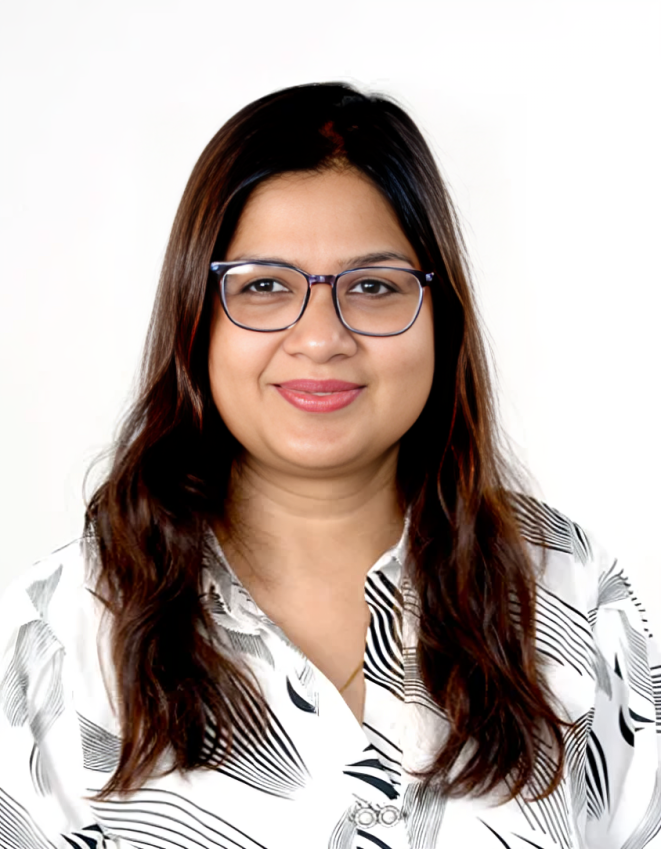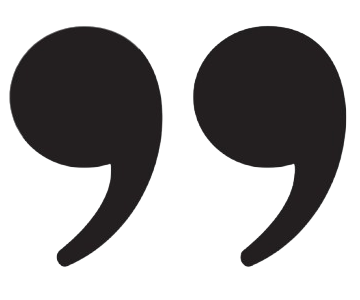As a psychiatry doctor, I manage anxiety, depression, OCD, schizophrenia, relational trauma, PTSD,
complex PTSD, chronic pain and medically unexplained symptoms (MUS) with medicines and therapy. My
area of interest is trauma therapy and somatics.
I advocate the use of cue-centered therapy (CCT) along with yoga and mindfulness based techniques
for self- relaxation, regulation and rewiring. I conduct group therapy sessions on the same.
(Hyperlink to yoga therapy page) .It is my passionate endevour to combine the best practices in
neuroscience, psychology and yoga for treatment of trauma and improve functionality of youth and
adults in their personal, professional or social lives.
Besides being a doctor, I am an avid reader and love creating communities around books. I am
co-author of the book Mindsutra: Transforming woe to wow with yog and psychology. Besides my passion
for my profession, I love being with my kids and spending some ‘me time’ outdoors!
At Holistic Mind Clinic, my area of special interest is the management of anxiety, depression, OCD,
schizophrenia, relational trauma, PTSD, complex PTSD, and chronic pain management. I combine the
best
practices from psychiatry treatment and somatic psychotherapy to provide a holistic treatment for
mental
health problems.
Beyond being a medical professional, I am an avid reader, author, and meditator. My book Mindsutra,
explores
concepts from positive psychology and yoga for practical applications in modern living for peace and
productivity. I love creating community bonds around books through book clubs and courses on
Vedanta.
Currently, I am working on a journalling toolkit and courses on anxiety management and trauma
therapy.



